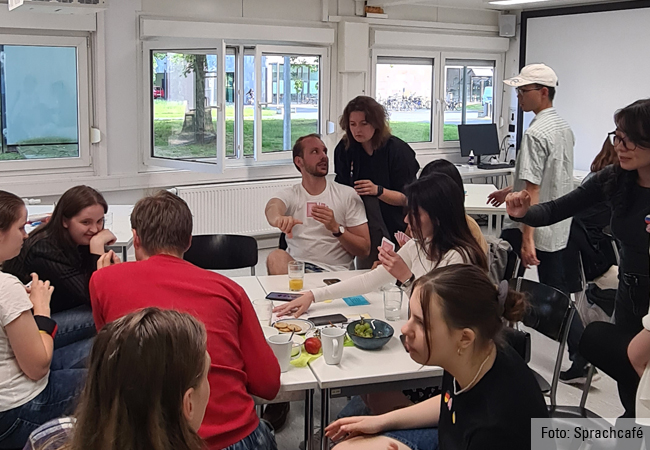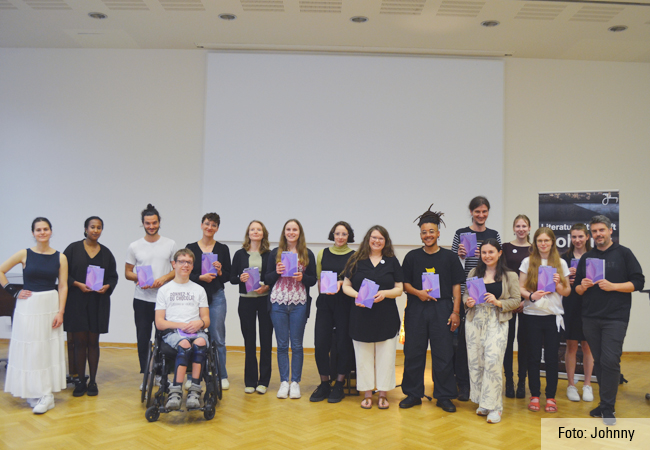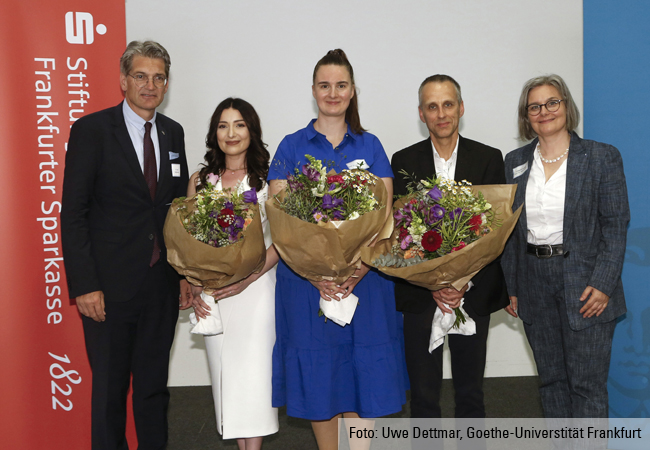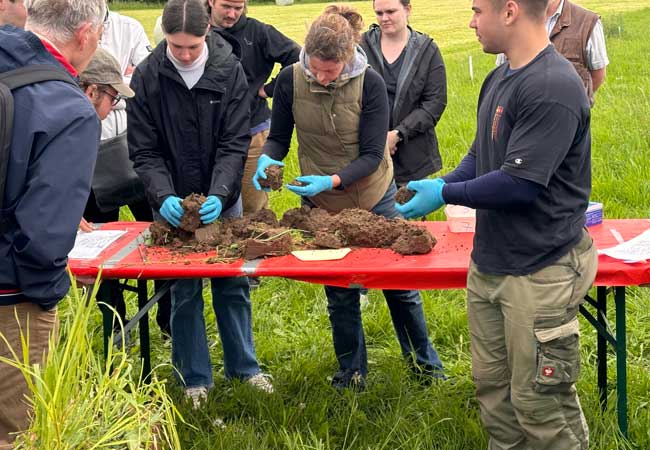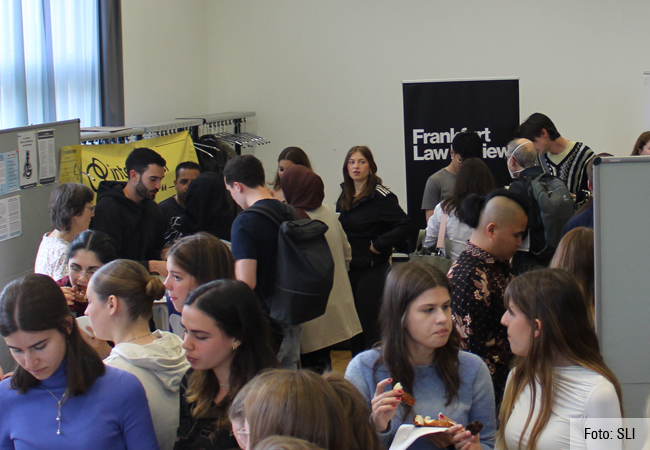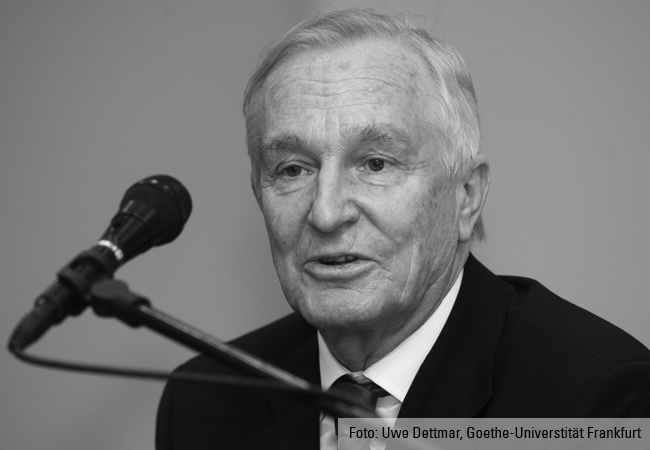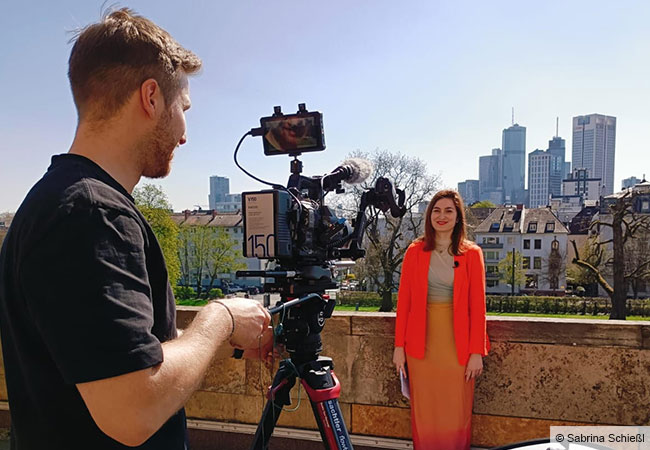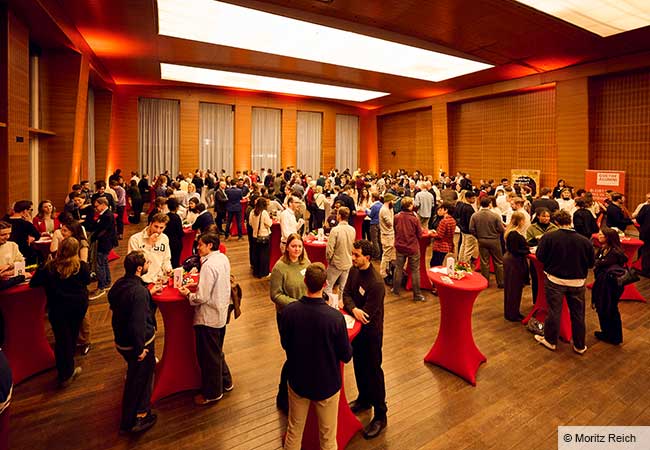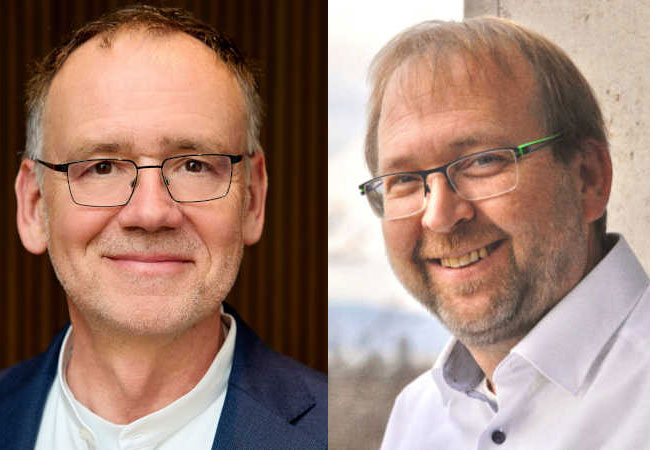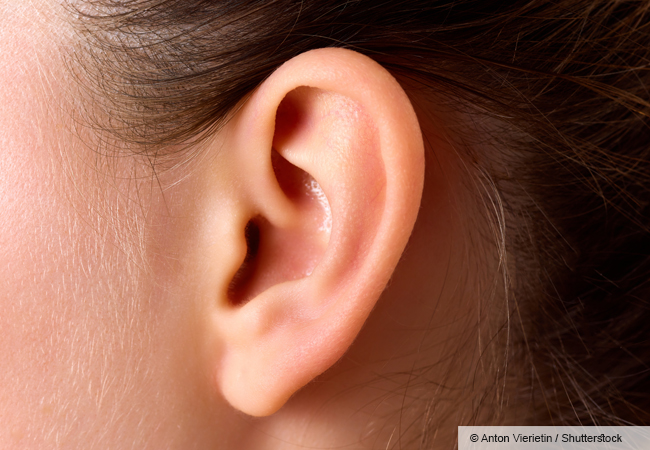Prof. Doron Kiesel, educational scientist and founding director of the Jewish Academy (Jüdische Akademie), talks about the lecture series entitled “Diversity and discourse/antisemitism. Culture of remembrance. Democracy./How (a-)political is the university?”
UniReport: Professor Kiesel, from your perspective, what was the reason for holding this lecture series?
Doron Kiesel: A year and a half ago, the Jewish Academy and Goethe University signed an MOU, a memorandum of understanding, setting out their intention to run joint projects and events of various kinds. Since that time, Wolfgang Meseth, Sabine Andresen and I have been working in close cooperation. Together we came up with the idea of “hearings” to examine social, educational and political topics, which would be aimed at students of education, plus anyone else who was interested. These hearings took place at Goethe University and in the Jewish Community. However, the situation changed dramatically after Hamas’ attacked Israel on October 7. Universities are now being targeted by activists and protestors – including students and non-students. So we faced the question, does academia have the obligation and the ability to engage with these forms of protest, which restrict teaching activities and make Jewish students and lecturers feel threatened? What does it mean for the universities, for communication and discourse when we’re confronted with social practices that actually have no place on the campus? At the request of the university management, we’ve launched a lecture series lasting two semesters which addresses the question of how political or apolitical the university should be. We’re focusing on antisemitism, a culture of remembrance and democracy. We hope that the academic approach to these issues will result in findings and insights into the current crisis phenomena. To this end, we’ve asked some university colleagues to take part who should supply some food for thought.
How do you explain the increasing antisemitism in our society?
This question occupies numerous academics, and the answer is necessarily an interdisciplinary one. Antisemitism has never entirely disappeared in Germany. The capitulation of the Nazi state in 1945 didn’t suddenly usher in a democratic age. Antisemites and Nazis continued living here, playing active roles in creating the new Federal Republic of Germany, and holding positions in the judicial system and in politics until well into the 1980s. This is a situation that we, the people working in academia, have not addressed – either consciously or unconsciously. Because we are driven and buoyed up by the idea of enlightenment, democracy and pluralism, we assumed that our universalistic value concepts had found their way into the German Basic Law. We assumed that mutual respect, recognition and tolerance were intrinsic to our everyday lives. Jews in Germany – here we’re talking of around 100,000 members of the Community – are not a particularly large group in a country with over 80 million inhabitants. Few people have any contact with Jews at all. The topic of antisemitism and Nazism appears over and over again in history lessons, but it remains one that is largely treated as something in the past. In addition, families generally haven’t come to terms with their own past. In many cases they never mentioned the fact that Grandfather or Great-grandfather was a Nazi. But there is something here we can call intergenerational emotional legacies: attitudes, prejudices and assumptions which people may absorb unconsciously, similar to the way many Jewish families pass on traumata to succeeding generations. Some 15,000 Jews stayed in Germany after the Second World War and passed on their fears to their descendants. Among the Germans, the continuity was one of silence, because it meant that people went on holding their (mostly unformulated) assumptions. The basic antisemitic attitude was always present under the surface, although it was rarely expressed.
All that changed abruptly on October 7. But instead of facing the barbaric slaughter of human beings and showing appropriate sympathy with those who were attacked, the initial reaction concerned Israel’s audacity in defending itself. You have to realize that the attack by Hamas gave the Israeli population the horrific impression that the state could no longer protect them and this has led to a re-traumatization, also among those who didn’t experience the Shoah themselves. In Germany, however, there was hardly any reaction at all from the public. That was a real blow for the Jews living here. Various political groups have issued very one-sided statements in ignorance of the complex relations in the Middle East. Of course this has developed into a brutal form of war on both sides. But the consensus in Israeli society is that Hamas has to be eliminated – and with military force. For example, supplies of weapons via Iran have to be stopped so that a dramatic situation like this cannot occur again. Yet some groups are claiming that Hamas is a freedom or protest movement. The most extreme accusation is that Israel is a colonial structure. This totally ignores the historical background: at the end of the 19th century, European antisemitism increased and ultimately led to the idea of founding a Jewish state. Following the persecution of European Jews, the Zionist movement gained support among the Jewish population in Europe. The founding of the state of Israel is thus partly a result of the fact that the Nazis planned and implemented the annihilation of European Jews with the broad support of German society. The need for a Jewish state as a refuge where Jews could live unmolested was the consequence of this experience. This connection is often ignored, and that in turn leads to false historical conclusions and finger-pointing.
Today antisemitic groups connect which have nothing in common except their antisemitism. For example, in many camps we find Moslem and left-wing activists. So politically active people join forces with Islamists whose declared objective is the annihilation of Israel. Their aim is to be on the morally ‘right’ side. Usually these people aren’t aware of the complexity of the Middle East conflict and they ignore the horrific massacre on October 7, 2023. At the same time, identifying a common enemy creates a feeling of belonging and a political profile. Dr. Sebastian Voigt from the Leibniz Institute for Contemporary History in Munich and Berlin, one of the speakers at our lectures, hit the nail on the head when he said: it’s antisemitism couched in good feelings! By showing solidarity with the Palestinians, who are seen solely as victims, one is allowed to question Israel’s right to exist and thus to adopt an antisemitic position. Hamas’ declared objective was and is to eliminate the Jewish population in Israel.
How do Jewish students and lecturers experience the current somewhat hostile situation at universities?
The Jewish students who contact us feel very insecure. They’re experiencing something that they picked up from their grandparents and recognize from the literature. They assumed that the shouting of anti-Jewish slogans and the physical assaults would not be repeated in Germany. They’re shocked to discover that the Nazis’ ways of thinking could come to dominate the campus with arguments involving post-colonial theories and other conspiracy narratives. Jews who don’t live in Israel generally identify with the state, even if not necessarily with the policies of the government there. For many Jews around the world, the state of Israel represents a place that guarantees them a secure refuge if antisemitic policies should dominate day-to-day life in their countries. So there’s an existential connection between the state of Israel and Jews all over the world.
Numerous so-called activists hold Jewish students responsible for what’s happening in the Middle East, even though they live here. Like Jewish lecturers, they’re made out to be the enemies. Academic and political events on the campus are being disrupted, threats are being issued and history construed in abstruse ways. The demonstrators are thus making it impossible to hold normal classes. Suddenly the question is being asked again, can Jews live in Germany, can Germany still guarantee protection for Jewish people? Antisemitic pictures were openly displayed at the “documenta 15” art exhibition. The fact that they were given space at all is a scandal in itself. So right now Jewish students and teaching staff have every reason to feel excluded and unprotected.
Do you think it’s possible to change students’ attitudes to Israel and the Jewish Community through targeted educational activities?
Together with my colleagues here at Goethe University, I try to think up and try out paths and strategies so that students can experience not only a cognitive, also an emotional dimension to learning. Specific teaching activities aimed at student teachers should give them an opportunity to examine the Shoah for three semesters from historical, educational and biographical viewpoints; they should learn what impacts Nazism has had on the whole of society; they should also become aware of how their own attitudes are formed. That means being sensitized to the origin of a projection, an assumption or a resentment. Schools are extremely important for our topic. Teachers are hugely significant figures for young people who have to tackle this complex subject and learn about attitudes in order not to simply adopt points of view that are handed down, without thinking about them. Our aim is to give student teachers the skills to identify antisemitic viewpoints in the classroom and react to them appropriately. By contrast, ignorance and/or conflict-avoidance strategies will allow the perpetuation of deep-seated prejudices about Jews and antisemitic world views.
We hope we’re on the right track by offering a lecture series with this objective, which is open to all students.
At this point special thanks are due to the university management, whose support has been crucial in the realization of this project.
Questions by Dirk Frank
More information about the lecture series:
Diversität und Diskurs / Antisemitismus. Erinnerungskultur. Demokratie. / Wie (un.)politisch ist die Universität?


